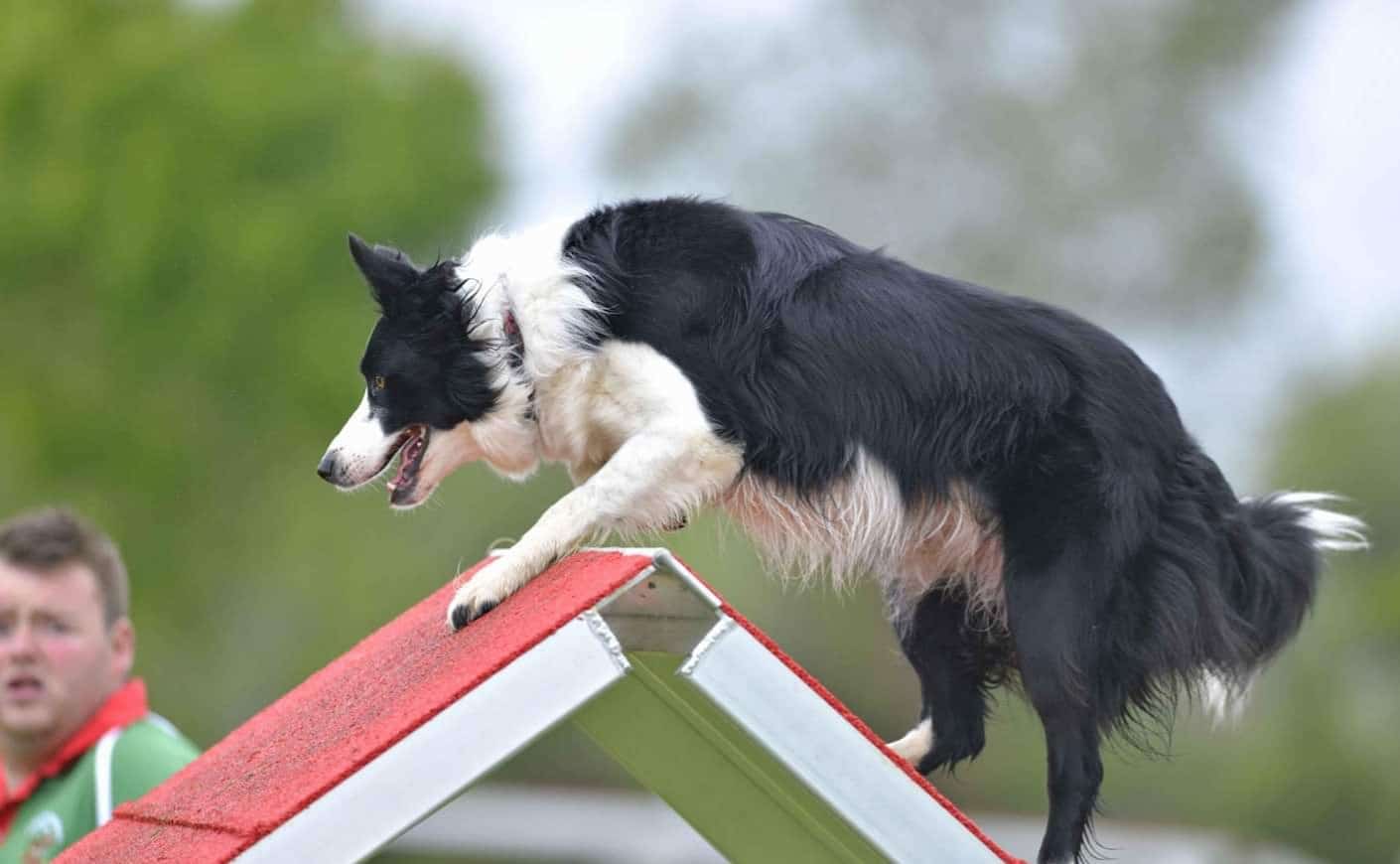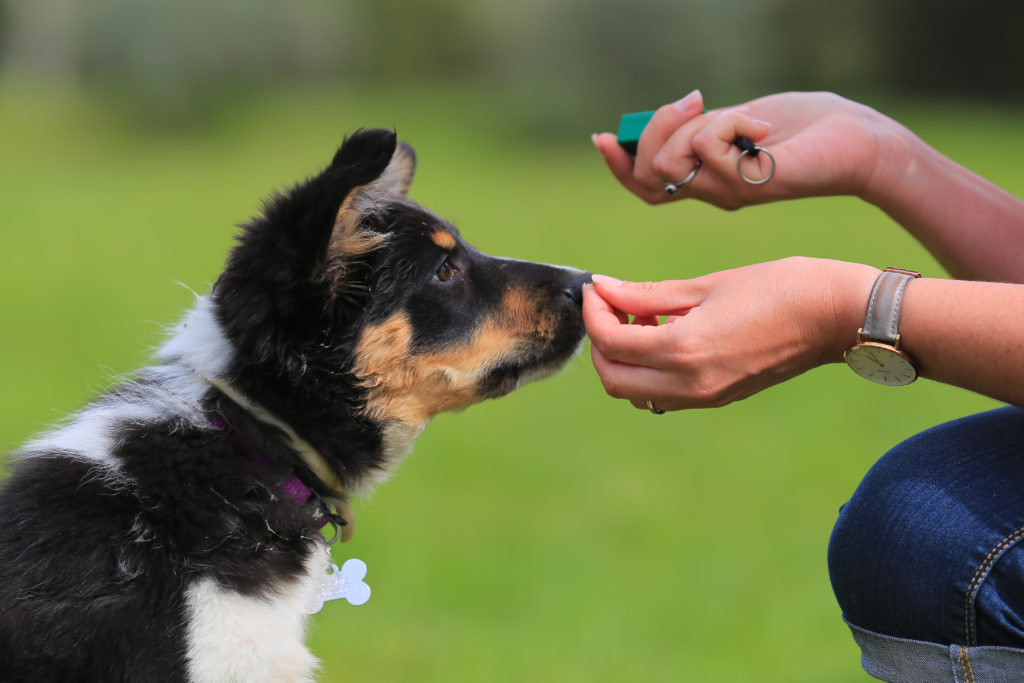The Ultimate Guide to Pet Training: Transform Your Family pet's Behavior
Effective canine training is essential for cultivating a harmonious connection between animals and their owners. The details of canine behavior and the execution of structured training strategies play an essential role in this procedure. By understanding the concepts of favorable reinforcement, uniformity, and socializing, pet dog owners can navigate typical challenges that develop during training. This guide not just aims to furnish you with the essential devices to transform your canine's habits but additionally welcomes you to check out how these fundamental ideas can result in a much deeper link with your pet. What might be the very first action in this transformative trip?
Recognizing Dog Habits
Understanding canine behavior is important for efficient training and an unified connection in between dogs and their proprietors. A dog's actions is affected by a combination of genes, atmosphere, and experiences. Dog training. Identifying these elements enables owners to customize their training approaches to meet the private requirements of their pet dogs
Pets connect mostly with body language, vocalizations, and face expressions. A wagging tail can indicate exhilaration or joy, while a tucked tail might indicate fear or submission. Observing these cues enables owners to respond properly, enhancing favorable behaviors and addressing negative ones successfully.
In addition, recognizing the social framework of pets can supply understandings into their habits. Pets are pack pets, and they grow in an organized setting. Developing clear limits and constant policies can stop complication and advertise a complacency.
In addition, acknowledging the natural instincts of pets, such as the urge to dig or chase after, is essential. These reactions can be rerouted through appropriate outlets, such as play or exercise. By comprehensively understanding these behavioral elements, proprietors can promote a positive training experience, ultimately causing a well-adjusted and loyal canine buddy.
Crucial Educating Methods
Effective pet training counts on a range of crucial methods that can substantially boost the understanding procedure for both the owner and the pet dog. One essential method declares reinforcement, which involves fulfilling desirable actions with treats, appreciation, or playtime. This method urges canines to repeat the actions that cause favorable end results, promoting a trusting partnership in between the pet and owner.
An additional secret strategy is uniformity in assumptions and commands. Making use of the same verbal hints and hand signals assists the pet dog comprehend what is required, reducing confusion and advertising quicker discovering. In addition, developing clear limits and policies is important for reliable communication.
Socializing is also a crucial component of training. Exposing pet dogs to various environments, people, and various other pets helps them create appropriate social skills and decreases stress and anxiety in unknown situations.
Finally, persistence and timing are crucial. Educating sessions need to be brief however regular, making sure that the canine remains engaged and receptive. By utilizing these essential methods, owners can develop a structured and positive training experience that advertises good actions and enhances the bond with their canine friends.
Developing a Training Schedule
Exactly how can a well-structured training timetable improve a pet's knowing experience? A training schedule offers uniformity, guaranteeing that canines obtain normal, focused direction. This predictability helps canines recognize what is anticipated of them, enhancing their knowing and allowing for far better retention of commands and behaviors.
When developing a training timetable, it is vital to think about the canine's age, type, and private character. Youthful young puppies may gain from much shorter, more constant sessions, while grown-up pet dogs may thrive with longer, less regular training periods. Incorporating a range of tasks can also maintain the sessions engaging, preventing dullness and advertising enthusiasm for learning.
Furthermore, scheduling training sessions at particular times of the day can assist solidify a routine. For instance, combining training with daily walks or play can produce a positive organization with discovering. It is additionally important to include time for support, such as deals with or appreciation, to compensate wanted habits without delay.
Last but not least, flexibility is vital. While consistency is important, being versatile to the dog's state of mind or power level can improve their understanding experience. A well-crafted training timetable inevitably lays the structure for efficient interaction and a more powerful bond in between the pet dog and owner.
Typical Training Challenges
Despite having a well-structured training timetable, dog proprietors usually encounter different challenges during the training process. One common issue is disparity in commands and cues. When several family participants utilize various terms or tones, a pet may come to be confused, hindering its ability to learn effectively.
Another regular challenge is interruption. Dog training. Dogs are naturally interested creatures, and exterior stimulations such as other animals, noises, or people can divert their attention throughout training sessions. This requires owners to create a regulated atmosphere or progressively introduce diversions to strengthen focus
Furthermore, differing power degrees can influence training results. High-energy pet dogs might battle to calm down and concentrate, while a lot more easygoing types could require additional motivation to engage. Tailoring the training strategy to fit the private pet's character is necessary for success.

Building a Solid Bond
A solid bond in between a pet dog and its proprietor is important for effective training and general health. Dog training. This connection promotes trust, which is essential for reliable communication throughout the training procedure. When a pet really feels connected and safe and secure to its proprietor, it is a lot more most likely to react positively to hints and commands
To build this bond, web consistency is essential. Establishing a regimen that includes routine feeding, exercise, and training sessions helps produce a look at here now sense of security. Furthermore, positive reinforcement methods, such as deals with, praise, and play, enhance preferred behaviors while enhancing the emotional link.
Socialization is one more vital element of bond-building. Subjecting your pet dog to various settings, individuals, and various other animals assists them feel a lot more positive and comfy, improving the bond with their owner. Taking part in tasks together, such as strolling, playing bring, or joining obedience training, promotes teamwork and mutual pleasure.
Final Thought

Understanding dog habits is vital for reliable training and an unified connection between dogs and their owners.Reliable canine training counts on a variety of vital techniques that can dramatically boost the knowing procedure for both the owner and the canine.Regardless of having a well-structured training schedule, dog proprietors usually encounter various obstacles throughout the training procedure.In verdict, effective canine training counts on an extensive understanding of canine habits, the application of crucial methods, and the establishment of an organized training schedule. By emphasizing favorable support and uniformity, pet owners can dramatically improve their animals' habits, eventually making sure an unified relationship and advertising the wellness of both the pet dog and its setting.